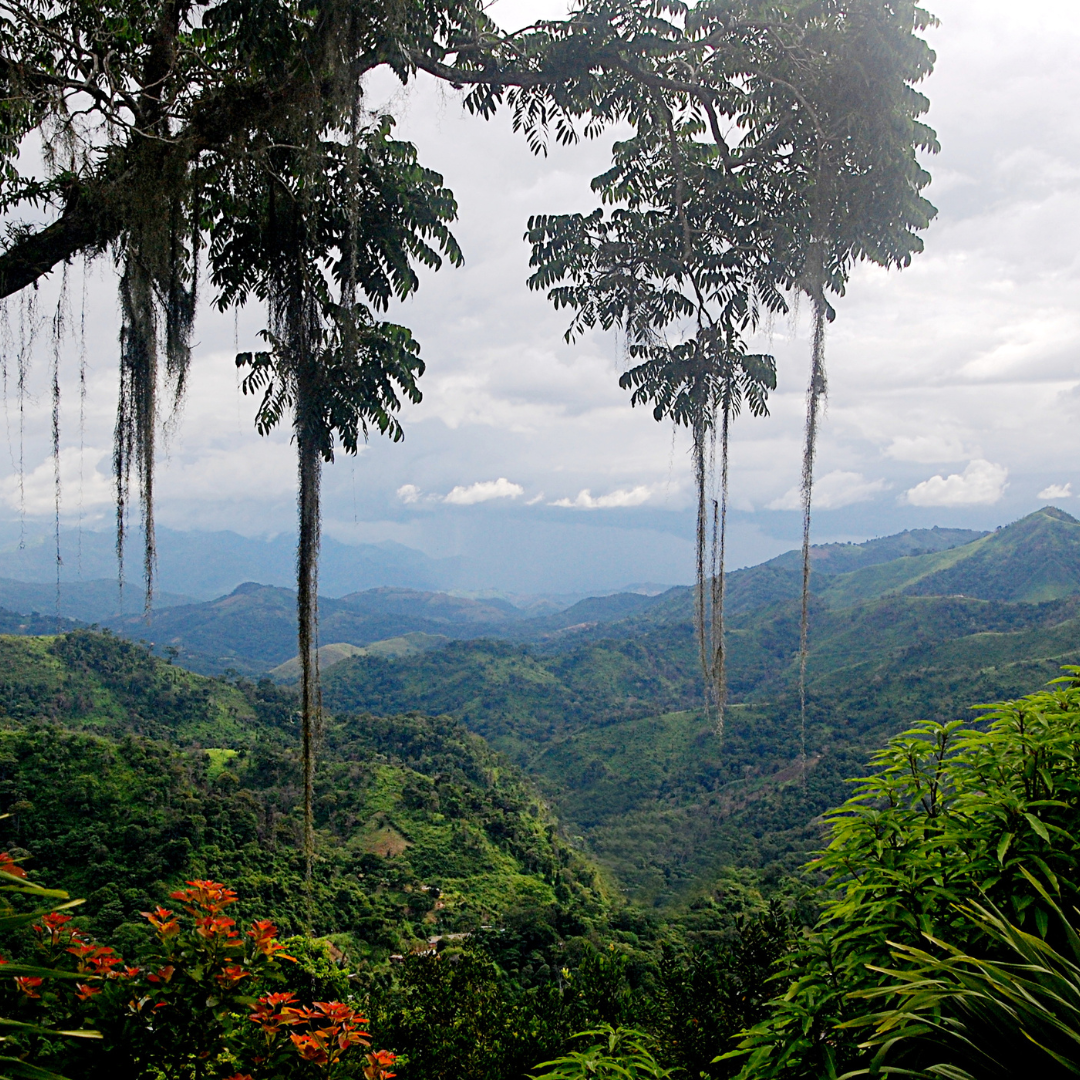
The thing you hate most about yourself has been your best protector
“The office culture is totally toxic, Rachel. Everyone gossips. Everyone says mean things about one another behind their backs!”
Jeff was the CMO of a mission-driven startup. He managed a team of 300 direct reports, and he was beloved by his colleagues. Most of them anyway. Secretly Jeff suspected that some colleagues weren’t being totally upfront with him. In fact he assumed that people were saying bad things about him behind his back too.
“Ok,” I said. “Let’s do an exercise. I’d like you to hold the feeling of existing inside this toxic work environment and tell me where in your body you feel it.”
Jeff looked down at his lap and sighed. “I feel it like a weight on my shoulders. Something pressing down there.” Jeff sat with the weight for a moment.
“What’s it like, paying attention to the weight; seeing where it lives in your body?”
“It’s uncomfortable,” he said with a laugh. “I want to get rid of it, like, throw it off. I don’t need it!”
Jeff paused. “You know. As I’m saying this I’m realizing that I’m contributing to the toxic work culture. I contribute to the gossip. I say things about people behind their back! I’m embarrassed to admit it, but it’s true.”
What Jeff didn’t say, but what his face said for him was: he disliked this part of himself.
So often, survival mechanisms show up like this weight Jeff carried – something we want to throw to the ground and run away from.
Survival mechanisms are ways of coping that most of us developed long ago, when we were young and vulnerable. As adults, coping mechanisms that were designed to protect us as children can do as much harm as good. And we know it. That’s why they’re usually the things we dislike about ourselves. We beat ourselves up over the qualities that have been keeping us safe and that help us thrive. Like Jeff, we want to throw them away, but that only makes them stronger.
As Jeff and I continued working through the exercise, we discovered that his coping mechanism, the weight on his shoulders, was working hard to maintain his sense of belonging. For better or worse, Jeff belonged to the office culture. His contribution to the toxicity was equal to his need for and cultivation of belonging. His survival mechanism was doing exactly what it had been designed to do. There’s a lot of wisdom to survival mechanisms.
Do you feel survival mechanisms behind behaviors you don’t love? Learn more about doing the inner work it takes to rewire these mechanisms by reading my book, Who You Are Is How You Lead. And then celebrate – you’ve set foot on the path to harnessing your true, authentic power.


Executive Coach, Leadership Consultant
Search
Categories
- Blog (45)
- Business (1)
- Inner Work (3)
- Leadership (13)
- Self Awareness (10)
- Somatic Experiencing (1)





